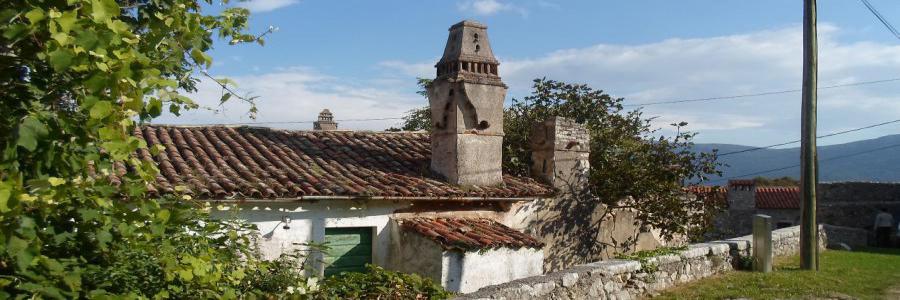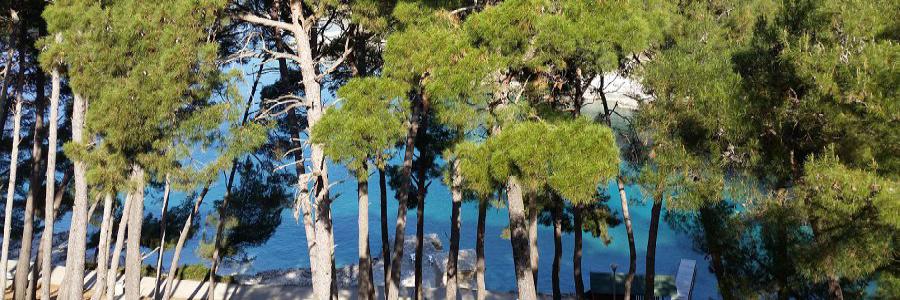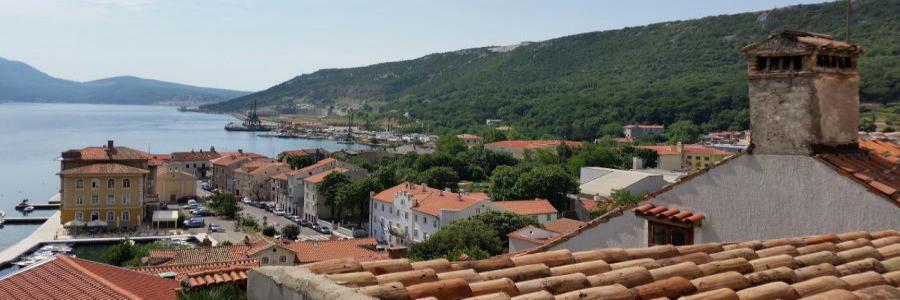About the Project
Summary
In the first phase of the project realisation, the participants will continue to broaden and deepen the theoretical basis of the „new European bioethics“, primarily by completing the research of the life and work of Fritz Jahr and his most important role models (Ignaz Bregenzer and others). In the second phase of the project, three targeted workshops will be organised determining the status of general and specific ecological needs in three local communities (Plomin, Bakar, and Mali Lošinj) in the Northern Adriatic. The three communities selected to host the workshops recently have been experiencing ecological threats (Plomin – thermo-electric power plant; Bakar – cokery), or represent a highly-valuable and vulnerable natural insular pocket (Mali Lošinj – health tourism, dolphin wildlife refuge, fragrant gardens programme, etc.). Based on the theoretical background and the insights provided by the workshops, in the third phase of the project „ will be defined. “Bioethical standards“ are a set of principles and measures of the correct attitude of people towards their own health, animals, plants, and the eco-system as a whole. „Bioethical standards“ charter might improve the level of local community environmental consciousness, and provide direct guidance for its sustainable development (including its tourism-advertising ace card).
The „European Bioethics in Action (EuroBioAct)” project primarily aims are:
1.completing of the theoretical basis of the „new European bioethics“ (by rounding-up research on Fritz Jahr, Ignaz Bregenzer, and other thinkers and creating a common platform with integrated ideas of modern environmental science and ethics) and
2.applying that theoretical basis in practice (by compiling a list of „bioethical standards“ for settlements, containing concrete general and specific norms for preservation and improvement of local eco-systems – i.e., human health, animal and plant welfare, etc.).











